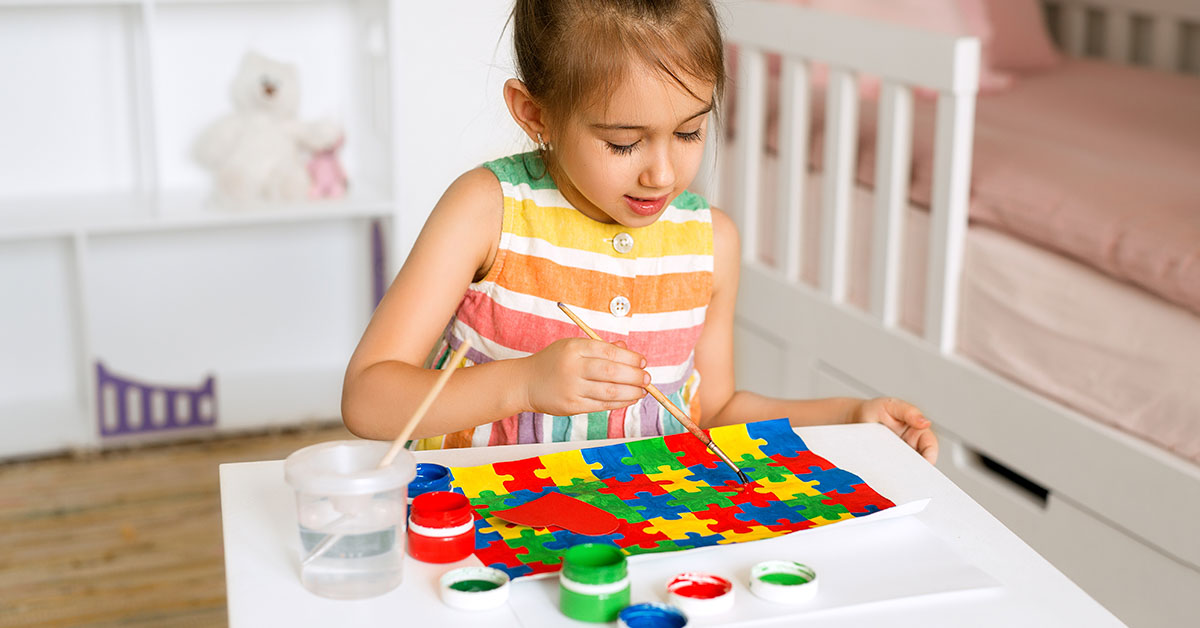Children learn by observing and imitating. Parents may be surprised — and displeased — by what their kids pick up. Everyone around them become role models, for better and worse, and none are more influential than their primary caregivers. But many parents may be aggrieved to find that “do as I say, not as I do” is mostly ineffective when trying to teach good behaviors. So while they try to dictate good emotional development, their child may copy their unhealthy relationship with their feelings.
How “feelings about feelings” affect child’s development

Every individual grew up in an “emotional climate” that started their relationship with their feelings. “Early experiences become ingrained in how we feel about feelings, and affect our ability to form healthy relationships,” writes Gillian England-Mason for the Conversation. England-Mason is a researcher in the Department of Pediatrics at the University of Calgary, and specializes in child development and children’s emotional regulation.
Researchers found how families talk and react to emotions can impact the next generation. The parent’s opinions of their own feelings and their child’s feelings is sometimes referred to as “parental meta-emotion philosophy”. England-Mason leads research projects dedicated to examining this link and helping parents understand how they “feel about feelings” so they can teach healthier coping strategies and emotional regulation to their kids.
Psychologists call this “emotion coaching”. Some parents who can recognize and accept their emotions are more likely to say phrases such as “it’s okay to feel sad”. They try to use kids’ emotional episodes to bond and teach. However, other parents habitually dismiss or deny their own feelings, which makes them more likely to do the same to their kids. They are more uncomfortable when children display anger and sadness, and try to stop the feeling or brush it away. They may use phrases like “it’s not a big deal” or “you’ll get over it.”
With that in mind, the research projects are investigating if these courses can improve households’ emotional climate. Many parenting courses are intended to teach parents about child development, enhance child-rearing skills, and navigate difficult situations. But now, emotion-focused parenting programs are becoming more commonplace, where they teach how to label and validate kids’ feelings, teach them problem-solving, etc.
Read More: 15 Parenting Rules That Show Us How to Authentically Love Your Child
Emotional regulation for parents and kids

England-Mason has studied the effectiveness of these programs in a paper published in Clinical Psychology Review. In it, she and her colleagues found that these programs can successfully “enhance parents’ ability to positively socialize their children’s emotional development and maximize positive outcomes for families.” They may be especially beneficial for family members with mental health struggles and neurodevelopmental disorders, she writes in a 2020 report.
Teaching kids about emotional regulation can also be personally helpful for the parents. Co-regulation is a tool that supports emotional children and teenagers. “Co-regulation is a supportive, interactive, and dynamic process,” says Lauren Marchette, a child, adolescent, and family psychologist and a lecturer in psychiatry at Harvard Medical School. “At its heart, co-regulation is connecting with a child who’s in distress and being able to evaluate what that child needs in the moment to help calm themselves.”
But to do this effectively, parents need to understand their own emotional regulation skills and limitations, especially since feelings are contagious. “The tricky part of co-regulation is that adults have to recognize how they’re feeling and be able to regulate their own emotions in difficult moments so they can help children to gain these same skills,” Marchette says. “But this will be so important for kids to develop healthy relationships over time, and affects how people do in school, work, and life in general.”
Marchette compares emotional skills, such as recognizing and handling feelings of fear, to any other developmental skill, like reading and writing. And even adults can learn and strengthen these skills, which include the ability to identify emotions, self-soothe, empathy and change perspective, take turns, practice patience, pay attention, problem-solve, set goals, flexible thinking, and time-management.
Read More: 10 Things To Help Adult Children Heal From Narcissistic Parents
How to create a healthy emotional climate

The home environment can do wonders for psychological well-being, or the opposite. One helpful strategy is designing a physical home that feels good to be in. For instance, keep things tidy, and add family photos and decor that makes the members feel happy and loved. Then prioritize quality family time, such as by bedtimes and mealtimes, where people focus on each other without interuption.
Emotion-focused parenting is not about becoming a doormat. Rather, it’s about preparing children to succeed in adulthood by handling stress, resisting impulses, adapting to challenges, and following through on plans. So set clear household rules and consequences if broken. They are meant to create a safe environment for everyone, while teaching what’s socially acceptable and what’s not. Consider rules like “ask before borrowing,” “knock before entering,” “no yelling inside,” or “no hitting.” Keep in mind, learning to accept “no” as an answer is an important aspect of child development. Though kids may complain about rules and consequences, they greatly benefit from the resulting structure and environmental stability.
Additionally, use the word “feelings” frequently when you describe personal situations, says Psychology Today. For instance, say you feel disappointed when the rain forces you to cancel plans. This shows kids emotions are normal and not something to hide or fear. Plus, they’ll learn the vocabulary to express their own feelings and better react to them.
Many parents may feel overwhelmed by the prospect of becoming an emotional role model, but Marchette encourages patience and grace when beginning. “Even parents who are thinking their own self-regulation skills aren’t where they want them to be should realize this is a muscle they can strengthen,” Marchette says. “It’s important to have that growth mindset.”
Read More: Dear Parents: Going to Your Kids’ Games Matter More Than You’ll Ever Know

